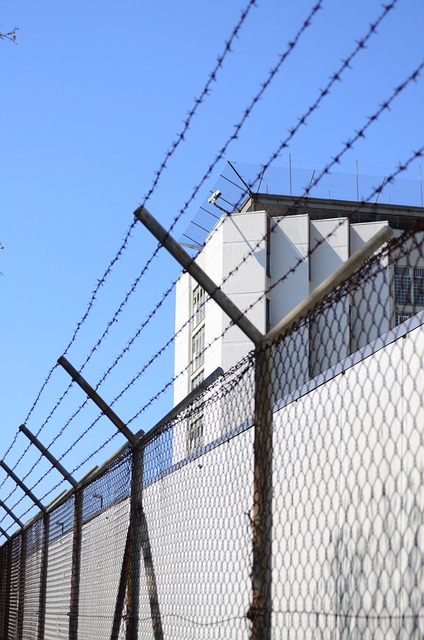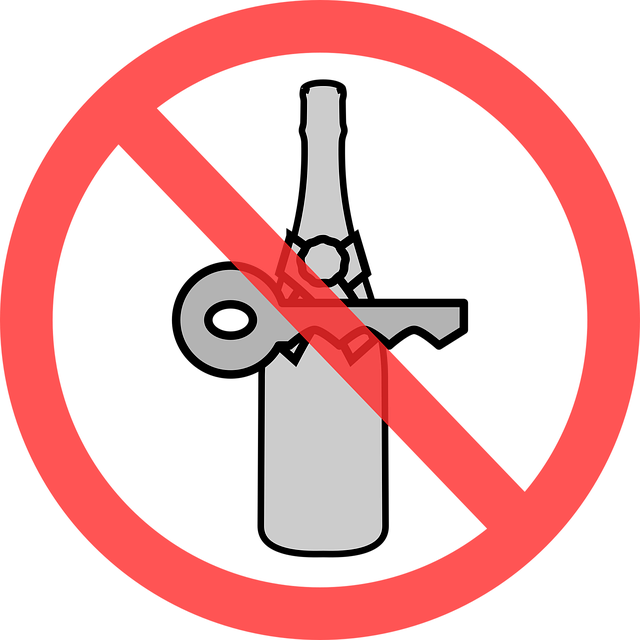In rural communities, where social bonds are strong but resources for DUI prevention are scarce, Support Groups for Rural Community DUI Prevention play a vital role. These groups offer safe spaces for individuals with DUI-related issues, providing peer support, shared experiences, and community to combat stigma. By fostering open dialogue and understanding, they address unique barriers to accessing specialized services, promoting responsible behavior. Measuring success involves a holistic approach, collaborating with local stakeholders to track qualitative changes like reduced DUI events, shifted public perception, improved access to treatment, and strengthened social norms against impaired driving.
In rural communities, addressing DUI (drunk driving) prevention presents unique challenges due to limited resources and sparse populations. This article explores the transformative power of support groups as a crucial strategy for mitigating rural community DUI rates. We delve into the significance of creating safe spaces through recovery support groups, highlighting their potential to foster collective healing and reduce high-risk behaviors. By examining successful implementation and measurable outcomes, this piece underscores the essential role these groups play in enhancing public safety within rural environments.
- Understanding Rural Community DUI Prevention: The Need for Support Groups
- Creating a Safe Space: Building and Facilitating Recovery Support Groups in Rural Areas
- Measuring Success: Evaluating the Impact of Joint Recovery Efforts on Rural Communities' DUI Rates
Understanding Rural Community DUI Prevention: The Need for Support Groups

In rural communities, where social connections are often tighter and neighbors are more than just faces passing by, the impact of a DUI (Driving Under the Influence) incident can be profound. Beyond the legal repercussions, individuals facing this challenge may struggle with feelings of isolation and stigma, especially if support systems within their close circles are limited. This is where Support Groups for Rural Community DUI Prevention step in as vital resources. These groups offer a safe space for individuals to share experiences, gain insights from peers, and access emotional support without the judgment often associated with such sensitive topics.
The need for these support groups stems from the unique challenges faced by rural communities regarding DUI prevention. Lower population densities can lead to reduced access to specialized services and increased barriers for those seeking help. Support Groups fill this gap by fostering a sense of community, understanding, and solidarity among members. They encourage open dialogue, promote responsible behavior, and provide a network of support tailored to the specific needs and struggles of rural residents dealing with alcohol-related driving issues.
Creating a Safe Space: Building and Facilitating Recovery Support Groups in Rural Areas

In rural areas, creating a safe space for recovery support groups is essential in addressing unique challenges faced by these communities. With limited access to resources and services, individuals struggling with addiction may face barriers to finding support networks. Establishing such groups offers a sense of belonging and camaraderie among peers who understand their struggles, fostering an environment conducive to healing and recovery.
Building these support groups requires dedicated facilitators who can navigate the rural landscape and engage the local community. By partnering with existing organizations, churches, or community centers, facilitators can create accessible meeting places that promote open dialogue and confidentiality. Tailoring the group’s focus to address specific issues like DUI prevention within rural communities ensures relevant and impactful discussions, empowering members to make positive changes in their lives and contribute to a safer environment.
Measuring Success: Evaluating the Impact of Joint Recovery Efforts on Rural Communities' DUI Rates

Measuring success in rural community DUI prevention is a multifaceted endeavor. Evaluating the impact of joint recovery efforts involves looking beyond mere numbers and delving into qualitative changes within these communities. By collaborating with local support groups, law enforcement, healthcare providers, and community leaders, we can assess improved awareness, attitudes, and behaviors related to alcohol consumption and safe driving.
This includes tracking reductions in DUI incidents over time, but also gauging shifts in public perception, increased access to treatment options, and strengthened social norms that discourage impaired driving. Data-driven analysis, combined with firsthand accounts from participants and stakeholders, provides a comprehensive picture of the positive outcomes these joint initiatives can deliver in rural community DUI prevention.
Support groups play a pivotal role in rural community DUI prevention, fostering a sense of safety and solidarity among individuals recovering from substance abuse. By facilitating these groups, we create a supportive environment where members can share experiences, gain insights, and stay accountable. Evaluating the impact of joint recovery efforts on rural communities’ DUI rates is essential to measure success and ensure resources are allocated effectively, ultimately reducing alcohol-impaired driving and promoting safer, healthier lives.






